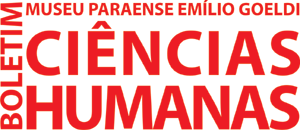The paper analyses central points of the social thought and political action of physician Josué de Castro (1908-1973) between 1930 and 1950 decades. It aims to problematize social-cognitive categories present in the construction of his idea of 'hunger', as well as convergences with other thought sets. Analysis of four Castro's publications has been conducted, as well as an analysis of materials published by peer authors, which were supplemented by historiographical reviewing, and examination of key-elements of his career as a deputy and founder of hunger-fighting institutions. Castro's scientific-political-intellectual career has been centered in the idea of 'hunger' as a bio-social phenomenon that identifies the Brazilian condition, is the source of the Brazilian defects, hampers the nationality, and requires modernizing economic-social reforms. Categories detectable in the field of the Brazilian social thought are also present: semi-feudal colonialist latifundiary monoculture, irrational State, and supremacy of the public over the private. Among the ideas in common with international nutrition science, the bio-social concern with public feeding is present. Castro's scientific-intellectual production becomes possible particularly because of the Sate-construction scenery, and is characterized by his relationships with institutions, governing authorities and international organisms. His political and social commitment materializes itself through his scientific ideas, making hunger visible as a scientific-political issue.
Josué de Castro; Brazilian social thought; Hunger; Health and society; Nutrition; History of nutrition
